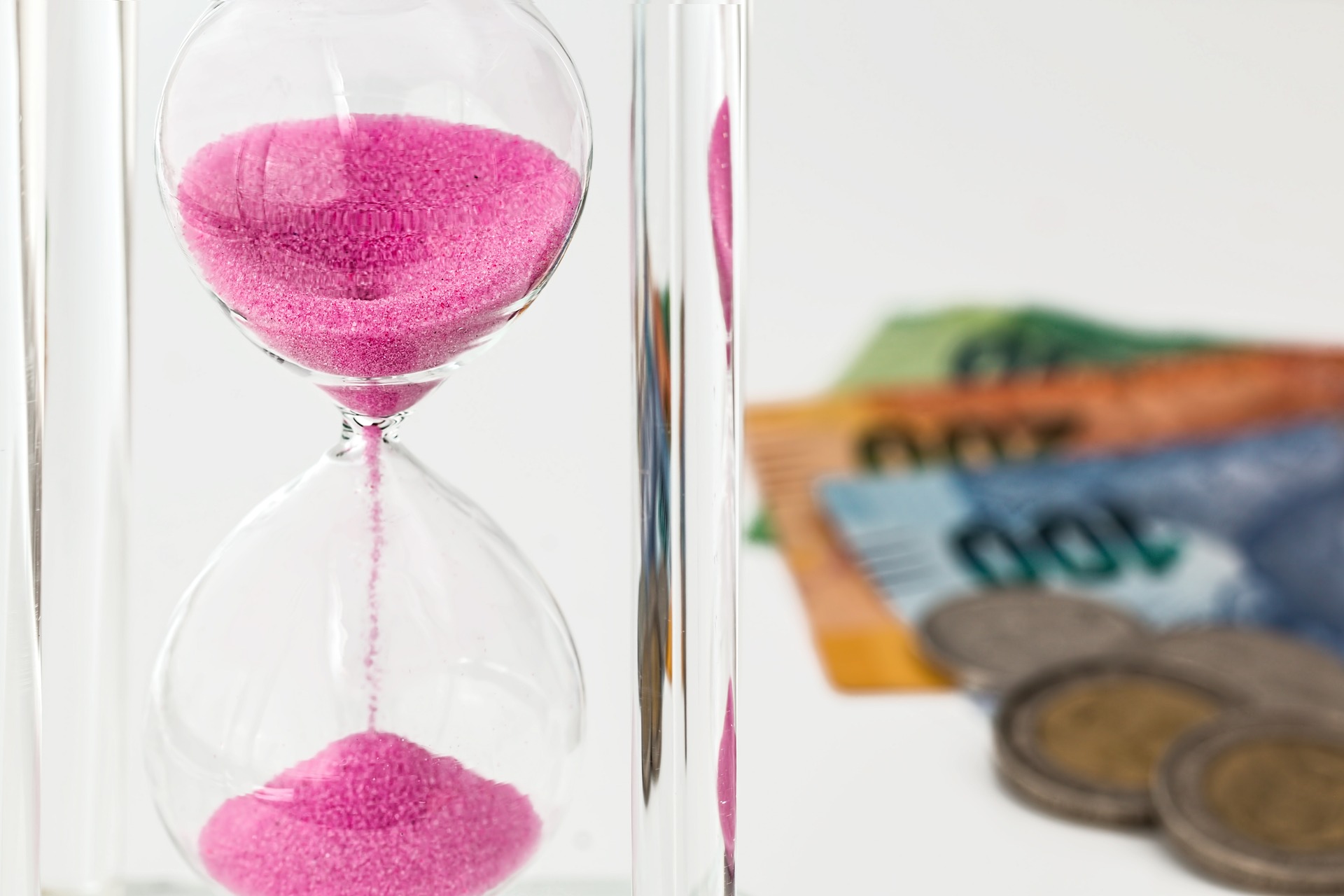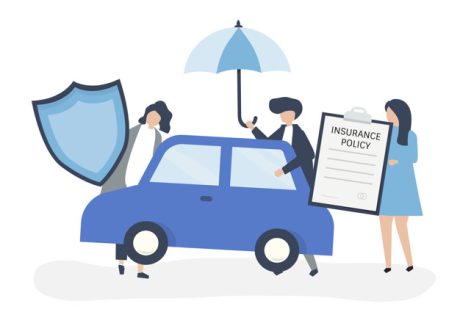A letter from the IRS may seem serious, but the situation that results in the letter may not always be serious. You may find that you’re receiving a notification of a minor error or small sum of money that you owe. Even an audit isn’t causing to panic — the IRS may simply need some additional information in your personal files. Follow these tips to handle communications from the IRS in a calm, sensible manner.
Read the IRS Document Carefully:
Image via Flickr by dvs
You should always open and review documents from the IRS as soon as you receive them. The IRS will attempt to connect with you by mail to make initial contact regarding any issues with unpaid tax debt, tax filing errors, tax audits, and other issues. The sooner you address the problem, the easier it will typically be to find a satisfactory resolution.
If you ignore letters from the IRS, it is possible for the agency to reach out to you by phone. The IRS recently started working with private debt collection companies to handle unpaid tax debt. Many telephone scams exist as well, and you should be vigilant about confirming any information that you receive by telephone.
Keep Your Tax Documents Organized:
Ideally, you’ll have your tax documents for the last three years safely stored and ready for your review at any time you may need them. These materials include documentation regarding any protections you may enjoy through a third-party tax filing service. Many websites and companies provide audit protection or a guarantee of accuracy, which can give you valuable peace of mind if an audit should arise.
If you do not have these documents on hand, you should take the time to gather them as soon as you’re informed of any type of dispute or IRS audit. Having these documents provides an important sense of security going forward.
Verify the Tax Issue:
Before you make arrangements with the IRS to settle a debt, make sure that the amount of the debt is correct. The IRS may occasionally make errors, so it’s crucial that you check the numbers for yourself and file a dispute if you believe that the figure is incorrect. Contact the IRS immediately if you believe that the agency is operating with incorrect information.
Explore Your Tax Debt Options:
If you owe a debt to the IRS, you don’t necessarily have to pay the full sum immediately. You can explore several tax debt options. Understanding these options can help you avoid panic, particularly if you’re facing a debt too large to pay at once. You may qualify for an offer in compromise, a condition in which you settle your debt with the IRS for a lower sum of money. You can also request that the IRS delay collection or set up a payment plan to handle the debt in a series of installments.
If you hear from the IRS, you should take the time to thoroughly review all communications so that you understand what the IRS requests from you. If you need assistance navigating an audit, tax debt, or other situation, don’t hesitate to reach out to a professional for help.
Read Also:






















